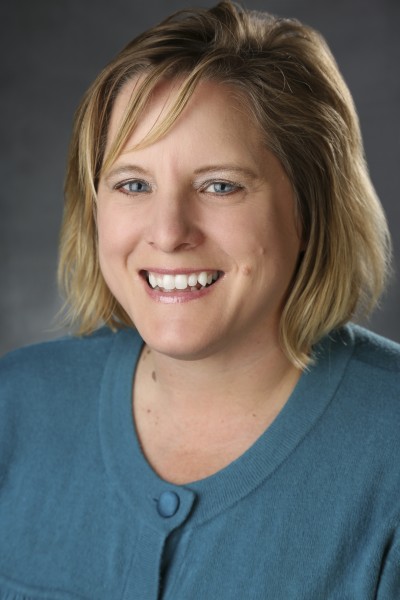Today SevenPonds speaks with Nancy Williamson of San Jose Wills and Trusts in San Jose, California. Nancy is an attorney of law who specializes in estate planning. She graduated from University of the Pacific, McGeorge School of Law and has explored many avenues since. Nancy’s speciality is estate planning, probate, trust administration, elder abuse and conservatorship. She is also a State Liaison for National Healthcare Decisions Day.
 Suzette: How did you get into estate planning?
Suzette: How did you get into estate planning?
Nancy: Fifteen years ago my father was in a comma, on life support, and died unexpectedly. There were no preparations for his estate. I realized [then], how do you know what he wants if it’s not written down? It caused a lot of havoc in our family. There were five of us girls (siblings) who did not agree. We came through it together, but with a lot of emotions.
I learned then how important estate planning is. I worked at law firms and volunteered at legal organizations [until] I realized I love estate planning.
Suzette: What’s the most important aspect of what you do as an estate planner?
Nancy: There is a big stumbling block because most people are afraid of the process and making decisions about their estate. They choose to procrastinate. So when there is a death, a family lands in crisis mode. It’s very important to have a plan in place.
“There is a big stumbling block because most people are afraid of the process and making decisions about their estate. They choose to procrastinate.”
Suzette: What are the statistics on how many Americans have an estate plan in place?
Nancy: Well, only 30% of all Americans have an estate plan.
Nancy Williamson’s 3 Tips for Estate Planning
1 – Have an advance care directive. Let your wishes be known.
2 – Organize your file and let someone you trust know where the paperwork is.
3 – Plan your digital assets. Write down passwords and give a key to the person you trust.
Suzette: Wow, really? When should you have one?
Nancy: Anyone over 18 should start with incapacity planning. They should have a final power of attorney and advance care directives. It’s never good to have no decision makers in place. Everyone needs to make decisions on preliminary considerations. 1) Who do you want to get the estate? 2) How slowly should they get the estate? 3) What do you want them to receive? 4) How should they receive it?
These are not easy answers. There is a process of getting to know a client. There’s a lot of customization of the documents; it’s a process, not a series of tasks.
Suzette: Are there any common glitches you experience?
Nancy: Family members fear making decisions. They want the best for their family but are afraid to make those decisions for their will and trust. They are afraid [that], “if I talk about it it’s going to happen.” Some family members say, “I don’t care what you do with my stuff — you can give it to the Salvation Army.” Others are very particular about who gets what.
“Family members fear making decisions. They want the best for their family but are afraid to make those decisions for their will and trust.”
It’s [also] very costly to file for Probate Court. It takes a year and a half to two years to get through the court (everything must be reviewed by the court). The time and emotion is a lengthy process. It’s much cheaper and [takes far] less time to have a trust set up.
Suzette: What’s the most difficult part of estate planning for you?
Nancy: When there is a blended family often there is a lot of fighting. It does not always happen, but unfortunately family members can take sides adding a layer of complexity.
Suzette: What about digital assets these days?
Nancy: Digital assets are very important and most people don’t think about what will happen to online accounts when they die. A family member will know what drawer the watch they will inherit is in — but then they find themselves wondering where the online passwords are.
Suzette: Thanks for your time today.
Nancy: Thanks.
Related Articles:
- For more on Estate Planning, see our section on Wills and Trusts.
- For ideas on How to Divide Family Heirlooms, read our past blog post.
- Read another interview with estate planner John O’Grady.

 How Do You Get Started with Estate Planning? An Interview with Nancy Williamson
How Do You Get Started with Estate Planning? An Interview with Nancy Williamson



 How Dare You Die Now!
How Dare You Die Now!
 Debating Medical Aid in Dying
Debating Medical Aid in Dying
 “Help Me, Helen”
“Help Me, Helen”














